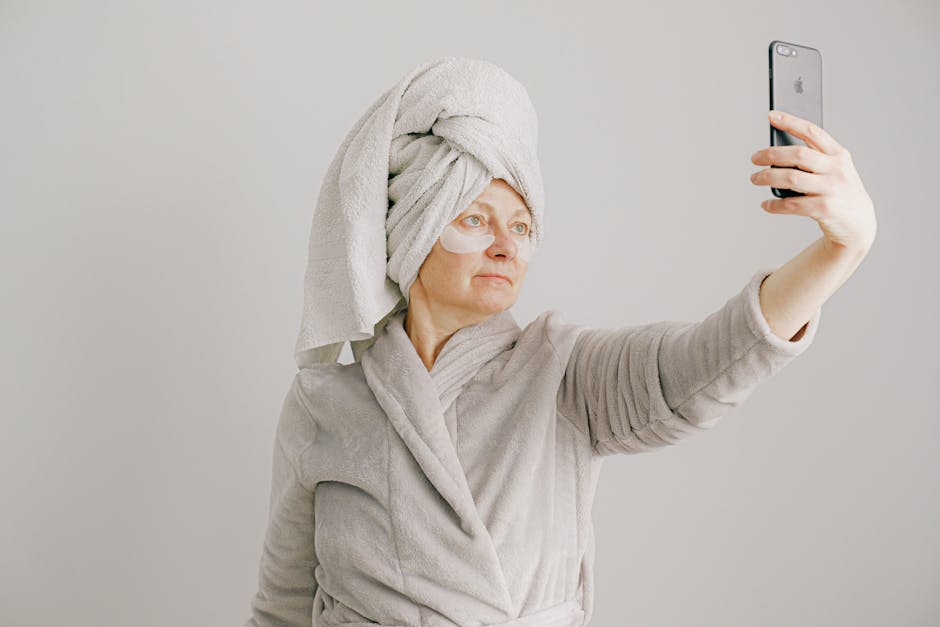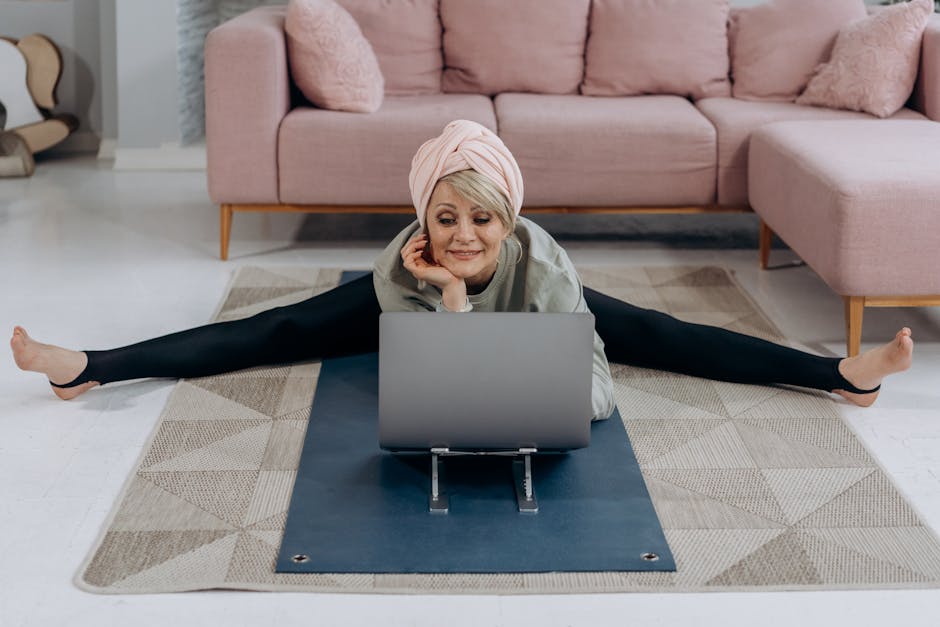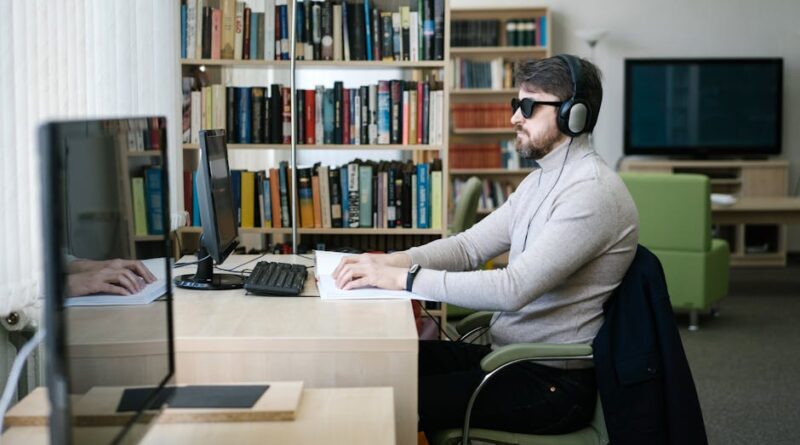Understanding Eye Health in the Digital Age
Did you know that the average person spends over 11 hours a day interacting with digital devices? This includes smartphones, tablets, and computers. With such heavy screen time, it’s no surprise that eye health has become a hot topic. Lets dive into how our screens affect our eyes and what we can do to protect them.
What is Digital Eye Strain?

Digital eye strain, also known as computer vision syndrome, is a common problem. It happens when you spend too much time looking at screens. Symptoms often include:
- Dry eyes
- Blurred vision
- Headaches
- Neck and shoulder pain
Imagine working on your laptop for several hours. As you focus on that screen, your eyes may become tired and dry. This is digital eye strain at work.
Why Are Our Eyes So Tired?

When you stare at a screen, you blink less often. Blinking is essential for keeping our eyes moist and comfortable. Reduced blinking can lead to dryness and discomfort. Also, screens emit blue light, which can contribute to eye fatigue.
According to the American Optometric Association, up to 70% of people experience some symptoms of digital eye strain. that’s a big number! So, what can we do about it?
How Can I Protect My Eyes from Screens?

There are several easy steps you can take to protect your eye health in the digital age. Here are some actionable tips:
- Follow the 20-20-20 Rule: Every 20 minutes, take a 20-second break and look at something 20 feet away. This helps your eyes relax.
- Adjust Your Screen Settings: Increase text size and adjust brightness to reduce strain. A comfortable screen is easier on the eyes.
- Use Artificial Tears: Eye drops can help relieve dryness. Look for preservative-free options for daily use.
- Keep a Good Distance: Position your screen about an arm’s length away. Your eyes will thank you!
These simple changes can make a big difference in how your eyes feel after a long day of screen time.
What About Blue Light?

Blue light is a type of light emitted by screens. While it’s natural for our eyes to handle some blue light, excessive exposure can disrupt sleep patterns and contribute to eye strain.
To help filter blue light, consider:
- Using blue light blocking glasses
- Installing blue light filter apps on your devices
- Enabling night mode on your screens
These tools can help protect your eyes, especially in the evening.
What if I Wear Glasses?
If you wear glasses, you might consider getting lenses designed for digital use. These “computer glasses” can reduce glare and enhance comfort while working on screens.
Many people don’t realize that not all prescriptions are created equal. Talk to your eye doctor about your screen time. They can help you find the right lenses for your needs.
Are Kids Affected Too?
Absolutely! Children spend just as much time on screens as adults, if not more. it’s crucial to monitor their screen time and encourage breaks.
Experts recommend that children take frequent breaks and engage in outdoor activities. Nature offers a natural way to rest the eyes and improve vision.
Furthermore, teaching kids about good screen habits early on sets the foundation for a lifetime of healthy eyes.
What Are Some Common Misconceptions?
Many myths surround eye health in the digital age. Lets debunk a few:
- Myth: Digital devices cause permanent eye damage.
- Fact: While they can cause strain, they don’t lead to permanent damage if you take care of your eyes.
- Myth: You don’t need to see an eye doctor if your vision seems fine.
- Fact: Regular eye exams can catch issues early, even if you don’t notice any problems.
Staying informed helps you make better choices for your eye health.
When Should I See an Eye Doctor?
If you experience persistent eye strain or discomfort, it’s time to schedule an appointment. Regular check-ups are essential, especially if you spend a lot of time on screens.
During your visit, your eye doctor can check for any underlying issues and recommend the best solutions for your lifestyle.
What About Nutrition for Eye Health?
Your diet plays a crucial role in maintaining eye health. Foods rich in vitamins and minerals can help keep your eyes functioning well. Consider including:
- Carrots: High in beta-carotene, which the body converts to vitamin A.
- Leafy Greens: Spinach and kale contain lutein and zeaxanthin, which protect the eyes.
- Fish: Omega-3 fatty acids found in salmon and tuna support overall eye health.
Eating a balanced diet is another way to ensure your eyes stay healthy as you navigate the digital world.
Conclusion: Take Charge of Your Eye Health!
Understanding eye health in the digital age is essential. With screens everywhere, it’s easy to overlook how they affect our vision. But by following simple tips and making small adjustments, you can protect your eyes without giving up your devices.
Remember the 20-20-20 rule, manage your blue light exposure, and keep your diet rich in eye-friendly foods. don’t hesitate to consult with an eye care professional if you have concerns. Your eyes are worth it!
For more tips on keeping your eyes healthy, check out this [link to a reliable source](https://www.aao.org/eye-health/tips-prevention/computer-vision-syndrome). And for insights on how to balance screen time and health, visit our related post on [Healthy Screen Time Habits](#).
Taking care of your eyes today will pay off tomorrow. Lets embrace the digital age, but lets do it wisely!



